"Financial crisis to hit export, growth"
The global financial crisis and the slowdown in inward investment will hamper export and economic growth in Serbia, says the Economic Institute.
Tuesday, 04.11.2008.
16:41

The global financial crisis and the slowdown in inward investment will hamper export and economic growth in Serbia, says the Economic Institute. This could lead to social problems and tensions caused by the resulting spending cuts, stressed the Institute’s Stojan Stamenkovic at a presentation of the Macro-Economic Analysis and Trends and Situation Barometer monthly report. "Financial crisis to hit export, growth" “The problem of inward investment will not only affect the issue of the capital part of the balance of payments and its balancing,” Stamenkovic said, adding that currently the repercussions of the world financial crisis in Serbia were most visible in terms of foreign currency savings and the sales of short-term securities. Foreign currency savings, which, according to bank estimates have fallen by 10 to 15 percent, should not be brought into question from the point of view of capital and the solvency required for their disbursement. According to figures from the National Bank of Serbia, at the end of August, bank assets on mandatory reserve accounts with the Central Bank alone amounted to EUR 4.3bn, which was over half the foreign currency savings at the time, said the analyst. “There is no risk of loss of savings that have been deposited, as they haven’t been put into investment funds and risky ventures on the capital markets,” he explained. Speaking of the measures taken by the government and the monetary institutions, Stamenkovic criticized the decision not to raise the guaranteed savings level in banks to EUR 50,000. He praised the Central Bank’s decision to reduce the mandatory level of bank reserves, though questioned the rise in interest rates to 17.75 percent. The analyst believes that the domestic economy could adapt to the dearth of available loans, the solvency crisis and increased interest rates “by reducing the level of restrictive monetary policy,” or, put another way, by bringing the reference interest rate back down. “Serbia needs a financial arrangement with the IMF that would introduce discipline to the running of economic policy, while increasing the country’s credit and investment rating at the same time,” he explained. “I don’t think that we’re in a crisis, but that we’re heading towards a crisis,” warned Stamenkovic.
"Financial crisis to hit export, growth"
“The problem of inward investment will not only affect the issue of the capital part of the balance of payments and its balancing,” Stamenković said, adding that currently the repercussions of the world financial crisis in Serbia were most visible in terms of foreign currency savings and the sales of short-term securities.Foreign currency savings, which, according to bank estimates have fallen by 10 to 15 percent, should not be brought into question from the point of view of capital and the solvency required for their disbursement.
According to figures from the National Bank of Serbia, at the end of August, bank assets on mandatory reserve accounts with the Central Bank alone amounted to EUR 4.3bn, which was over half the foreign currency savings at the time, said the analyst.
“There is no risk of loss of savings that have been deposited, as they haven’t been put into investment funds and risky ventures on the capital markets,” he explained.
Speaking of the measures taken by the government and the monetary institutions, Stamenković criticized the decision not to raise the guaranteed savings level in banks to EUR 50,000.
He praised the Central Bank’s decision to reduce the mandatory level of bank reserves, though questioned the rise in interest rates to 17.75 percent.
The analyst believes that the domestic economy could adapt to the dearth of available loans, the solvency crisis and increased interest rates “by reducing the level of restrictive monetary policy,” or, put another way, by bringing the reference interest rate back down.
“Serbia needs a financial arrangement with the IMF that would introduce discipline to the running of economic policy, while increasing the country’s credit and investment rating at the same time,” he explained.
“I don’t think that we’re in a crisis, but that we’re heading towards a crisis,” warned Stamenković.















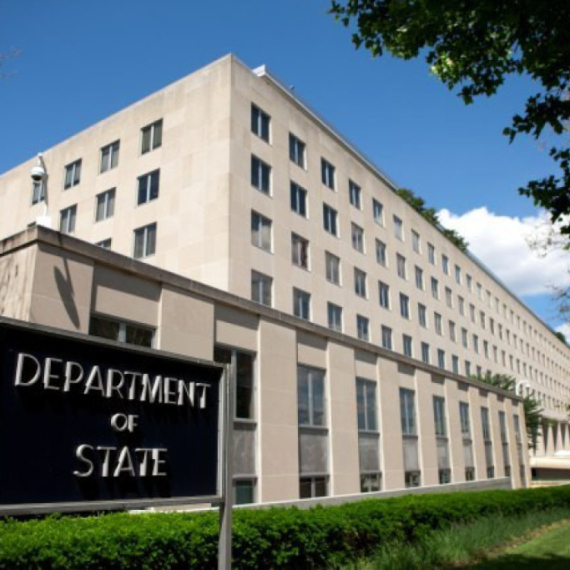

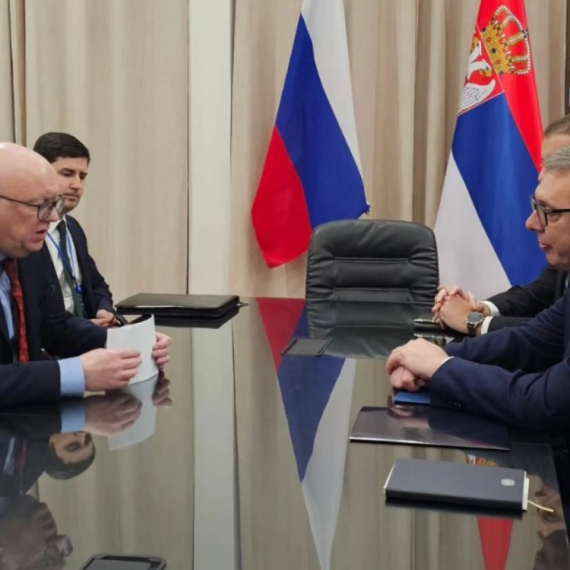
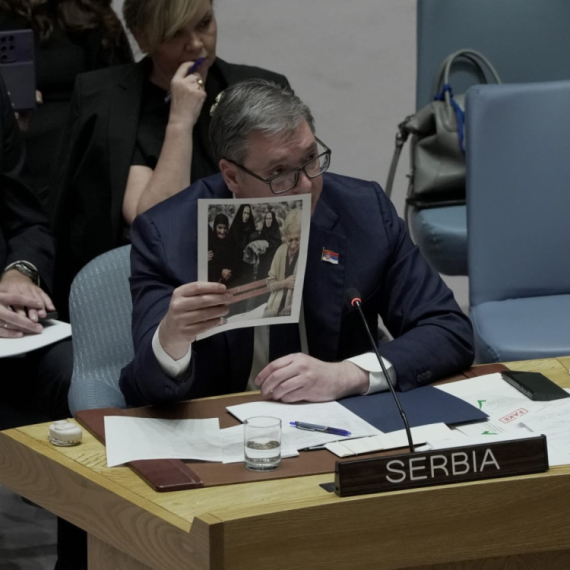














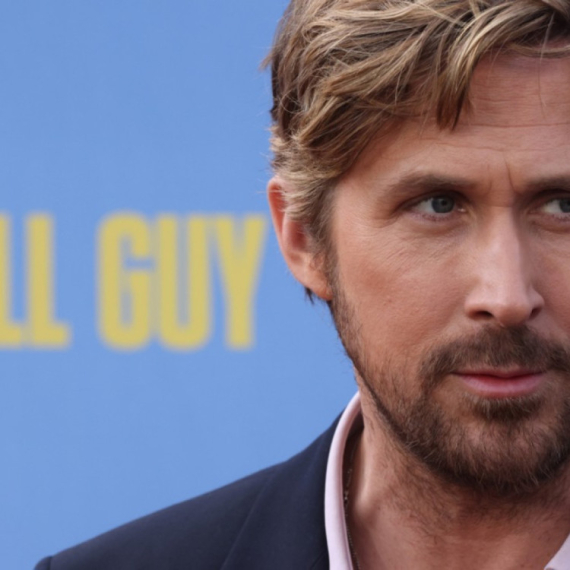





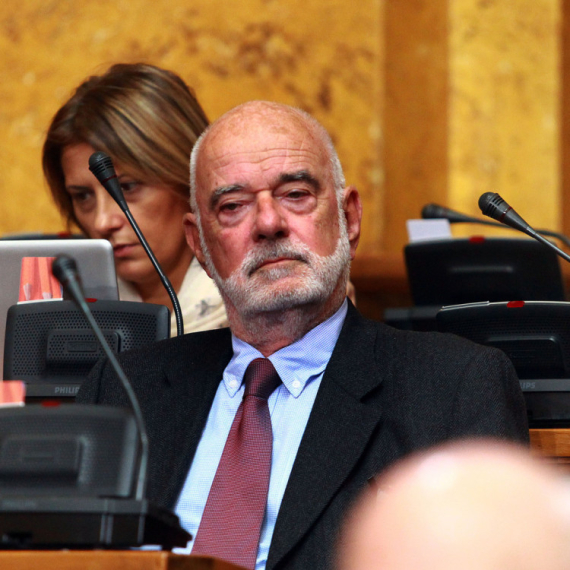

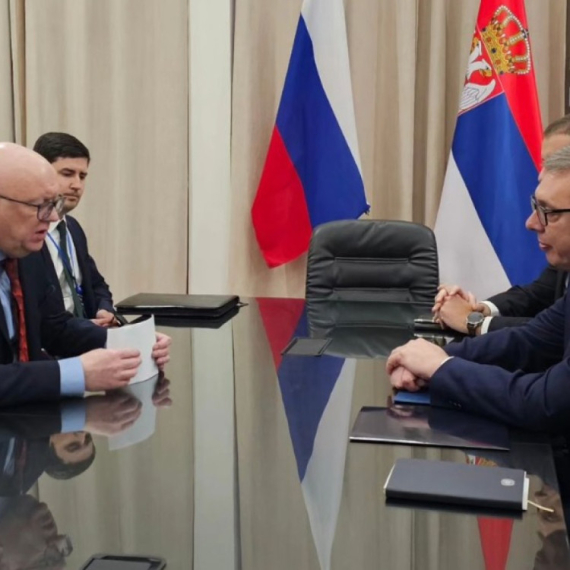



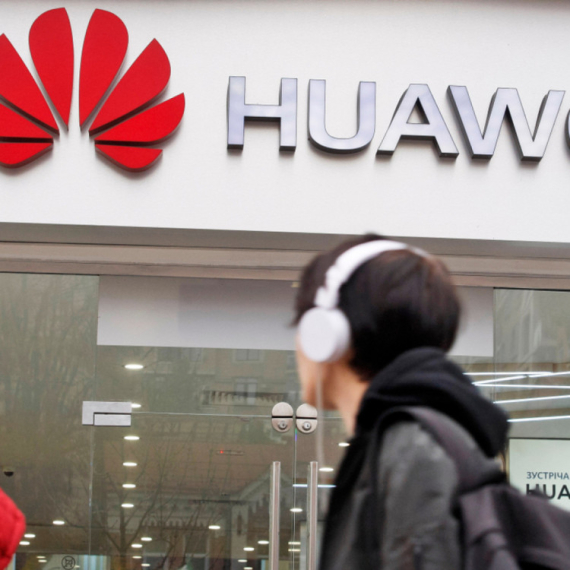







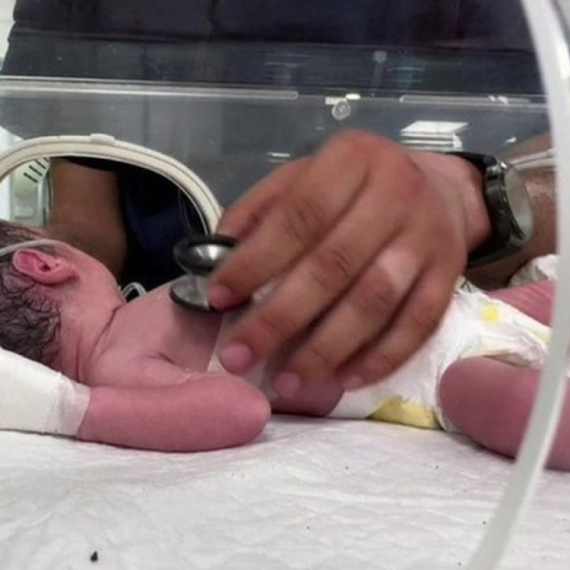

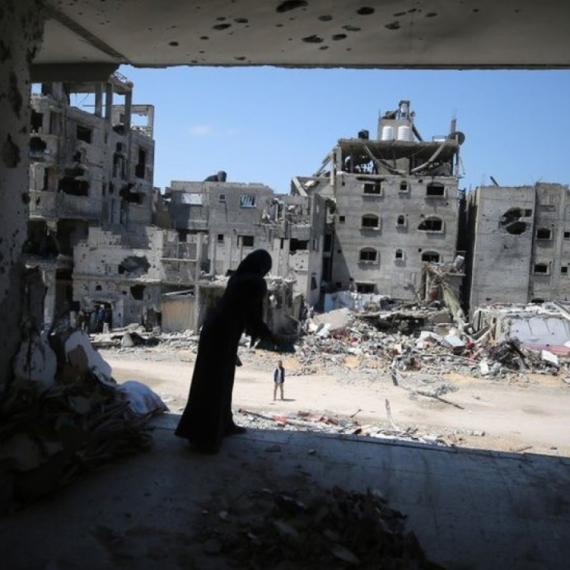


Komentari 0